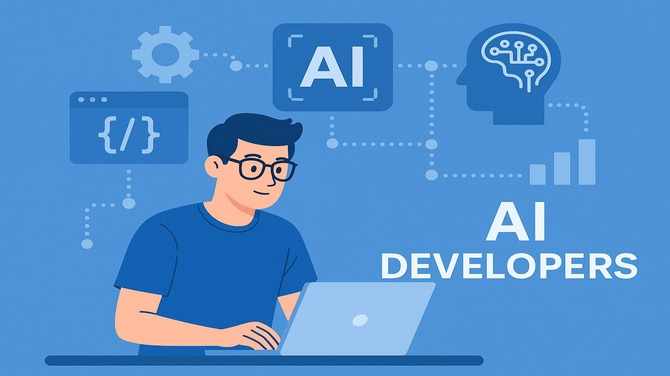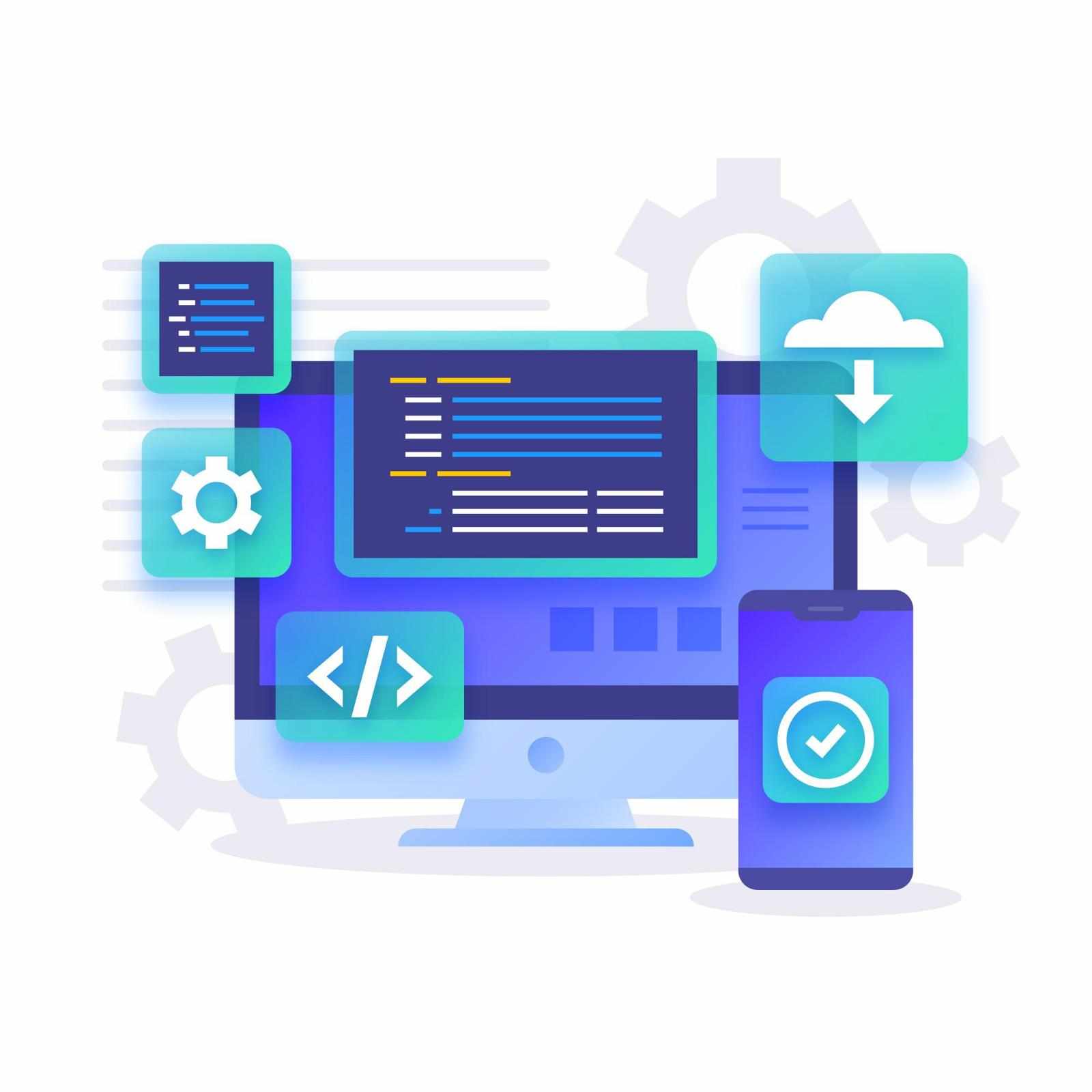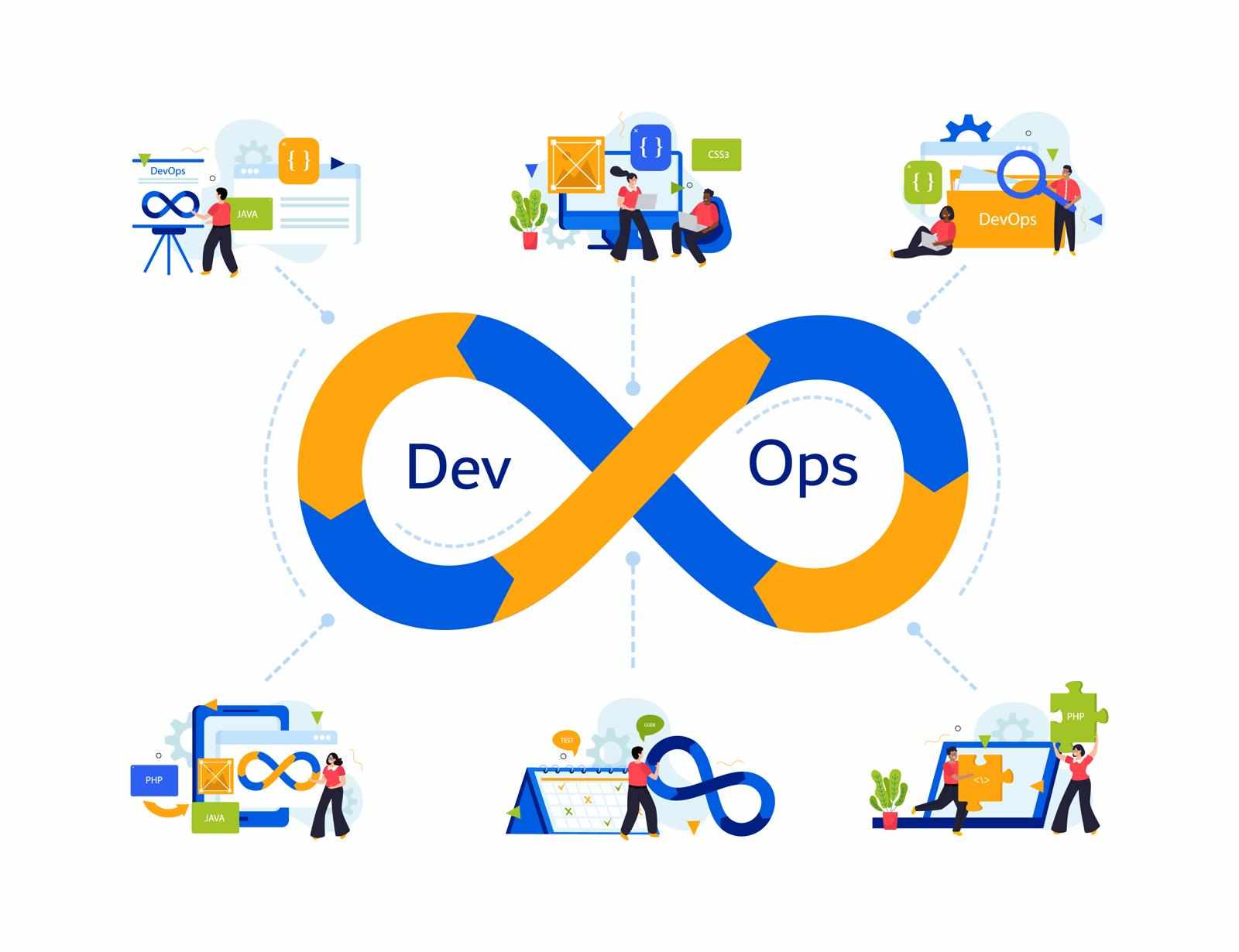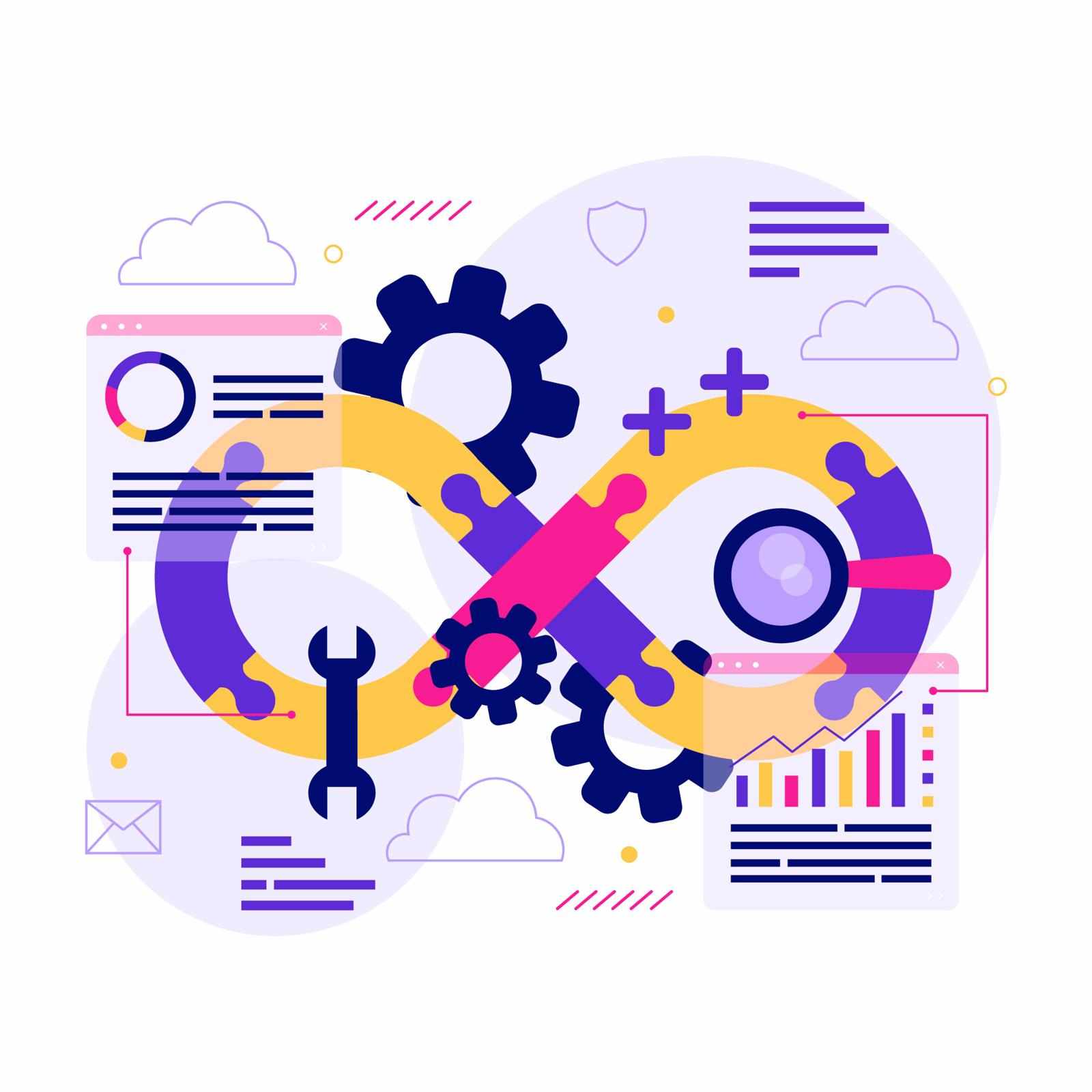
The finance industry stands at a transformative crossroads where artificial intelligence isn't just an option—it's becoming essential for survival. Organizations that hire AI developers today position themselves to automate routine tasks, analyze complex datasets, and accelerate decision-making processes that drive competitive advantage. The numbers speak volumes about this shift happening across financial services.
Recent research reveals that 95% of finance leaders are investing in AI technology, with 43% viewing it as critical by 2025. This massive adoption wave creates unprecedented opportunities for financial institutions willing to invest in skilled AI talent. Companies that delay this investment risk falling behind competitors who embrace intelligent automation and advanced analytics.
The Current Financial AI Revolution
Financial services are experiencing rapid transformation as artificial intelligence reshapes traditional operations. The global generative AI market in finance has reached remarkable heights, with projections showing growth from $1.09 billion in 2023 to $9.48 billion by 2032. This represents a compound annual growth rate of 28.1%, indicating sustained momentum in AI adoption across financial sectors.
The practical applications driving this growth span multiple areas of finance operations. From algorithmic trading to fraud detection, AI systems are handling increasingly complex tasks that previously required extensive human intervention. Investment firms use machine learning models to analyze market patterns, while banks deploy AI-powered chatbots to handle customer inquiries around the clock.
Machine Learning Integration in Financial Operations
Modern financial institutions are implementing machine learning algorithms to streamline everything from loan approvals to risk assessment. These systems process vast amounts of data in real-time, identifying patterns and anomalies that human analysts might miss. Credit scoring models now incorporate alternative data sources, enabling more accurate risk assessments and faster lending decisions.
Portfolio management has been revolutionized through AI-driven analysis that considers multiple market factors simultaneously. Investment advisors use AI tools to create personalized recommendations based on client risk profiles and market conditions. These applications demonstrate how AI enhances rather than replaces human expertise.
Why Organizations Must Hire AI Developers
The demand for AI expertise in finance continues to outpace supply, creating competitive advantages for organizations that successfully attract and retain top talent. Job postings for AI research scientists have grown 80%, while machine learning engineer positions increased by 70% in the past year. This surge reflects the critical need for professionals who understand both AI technologies and financial applications.
Salaries for AI-focused software engineers average $247,200 annually in the United States, significantly higher than traditional development roles. This premium reflects the specialized skills required to build and maintain AI systems in regulated financial environments. Organizations willing to invest in top-tier AI talent gain access to capabilities that can transform their entire business model.
Strategic Advantages of Internal AI Teams
Building internal AI development teams provides several advantages over relying on external vendors or consultants. Internal teams develop deep understanding of company-specific challenges and regulatory requirements, enabling them to create customized solutions that generic software cannot match. This intimate knowledge of business processes leads to more effective AI implementations.
AI developers working within financial organizations also drive cultural transformation by introducing agile development practices and data-driven decision making. They help traditional finance teams embrace new technologies while maintaining necessary compliance and risk management standards. This cultural shift often proves as valuable as the specific AI tools they develop.
Automation Capabilities in Financial Services
AI-powered automation is transforming routine financial tasks that previously consumed significant human resources. Accounts payable processing, invoice management, and regulatory reporting can now be handled by intelligent systems that learn from historical patterns. These automated processes reduce errors while freeing finance professionals to focus on strategic analysis and decision-making.
Robotic process automation combined with AI creates powerful solutions for repetitive tasks like data entry, reconciliation, and report generation. Financial institutions report significant time savings and accuracy improvements when these systems handle routine operations. The result is faster month-end closes, real-time financial reporting, and enhanced data quality.
Intelligent Document Processing
Modern AI systems excel at extracting information from various document types, including contracts, invoices, and financial statements. Natural language processing capabilities enable these systems to understand context and meaning, not just recognize text patterns. This advancement allows for automated contract analysis, compliance checking, and financial data extraction.
Document automation reduces processing time from hours to minutes while maintaining accuracy levels that often exceed manual processing. Financial organizations can handle larger volumes of documents without proportional increases in staff, improving scalability and cost efficiency.
Analytics and Business Intelligence Enhancement
AI developers bring advanced analytics capabilities that transform how financial organizations understand their data. Machine learning models can identify trends, predict market movements, and uncover insights that traditional analysis methods might miss. These capabilities enable more informed decision-making and strategic planning.
Predictive analytics powered by AI helps financial institutions anticipate customer behavior, market changes, and operational challenges. Risk management teams use these insights to adjust strategies proactively rather than reactively. The ability to process and analyze vast datasets in real-time provides significant competitive advantages.
Real-Time Financial Reporting
AI-enhanced reporting systems provide executives with up-to-date financial information that reflects current market conditions and business performance. Traditional monthly reporting cycles are being replaced by dynamic dashboards that update continuously. This real-time visibility enables faster responses to market changes and operational issues.
Automated report generation also ensures consistency and accuracy while reducing the time finance teams spend on routine reporting tasks. AI systems can create customized reports for different stakeholders, highlighting relevant metrics and insights for each audience.
Accelerated Decision-Making Processes
The speed of modern business requires financial decisions to be made quickly without sacrificing accuracy. AI developers create systems that can process complex financial scenarios and provide recommendations in minutes rather than days. This acceleration enables organizations to capitalize on market opportunities and respond to challenges more effectively.
Decision support systems powered by AI analyze multiple variables simultaneously, considering factors that human analysts might overlook. These systems can model different scenarios, assess risks, and recommend optimal courses of action based on historical data and current conditions. The result is more confident decision-making backed by comprehensive analysis.
Risk Assessment and Management
AI-powered risk assessment tools continuously monitor market conditions, portfolio performance, and operational metrics to identify potential threats. These systems can detect subtle patterns that indicate emerging risks, allowing organizations to take preventive measures before problems escalate. Early warning capabilities help prevent financial losses and regulatory violations.
Credit risk assessment has been particularly transformed by AI capabilities that analyze borrower behavior, market conditions, and economic indicators in real-time. Lending decisions that once took weeks can now be made in hours while maintaining or improving accuracy levels.
Implementation Strategies for AI Development
Successfully integrating AI developers into financial organizations requires strategic planning and cultural preparation. Organizations must create environments where AI professionals can thrive while working within regulatory constraints and established business processes. This often means adapting traditional project management approaches to accommodate agile development methodologies.
Change management becomes critical as AI systems alter existing workflows and job responsibilities. Financial institutions must prepare their workforce for these changes while maintaining operational stability during transitions. Training programs help existing staff understand and work alongside AI systems effectively.
Building Effective AI Teams
Creating successful AI development teams requires more than hiring individual developers. Organizations need to establish clear goals, provide appropriate resources, and foster collaboration between AI specialists and domain experts. Cross-functional teams that include both technical and business professionals tend to produce more effective solutions.
Ongoing education and professional development help retain AI talent in competitive markets. Financial organizations that invest in continuous learning opportunities and cutting-edge projects are more likely to attract and retain top AI developers. This investment in talent development pays dividends through improved capabilities and innovation.
Cost-Benefit Analysis and ROI
While hiring AI developers requires significant upfront investment, the long-term benefits typically far exceed costs. AI is expected to save banks up to $487 billion by 2024, primarily through front and middle-office automation. These savings come from reduced processing costs, improved accuracy, and enhanced operational efficiency.
The cost of not investing in AI talent often exceeds the investment costs when considering lost opportunities and competitive disadvantages. Organizations that delay AI adoption may find themselves unable to compete effectively as intelligent automation becomes standard across the industry.
Measuring AI Investment Returns
AI implementations show returns through multiple channels including reduced operational costs, improved decision accuracy, and enhanced customer satisfaction. Fraud detection systems alone can save millions annually while AI-powered customer service reduces support costs. Revenue generation through AI-enabled services provides additional returns that grow over time.
Return on investment calculations should consider both direct cost savings and indirect benefits like improved customer retention and market responsiveness. Organizations with strong AI capabilities often discover new revenue opportunities that weren't apparent before implementation.
Future Trends and Market Outlook
The importance of AI in finance will continue growing as technologies advance and customer expectations evolve. 75% of banks with over $100 billion in assets are expected to fully integrate AI strategies by 2025, indicating widespread adoption across the industry. Organizations that hire AI developers today position themselves for long-term success in an increasingly automated financial ecosystem.
Emerging technologies like quantum computing and advanced neural networks will create new opportunities for financial applications. AI developers with experience in these cutting-edge technologies will become even more valuable as they help organizations stay ahead of technological curves.
The financial services industry stands at a critical juncture where AI adoption determines competitive positioning. Organizations that hire AI developers and build comprehensive artificial intelligence capabilities will lead tomorrow's financial markets, while those that delay risk losing relevance in an increasingly automated world. The choice is clear: invest in AI talent today or struggle to catch up tomorrow.




















Write a comment ...